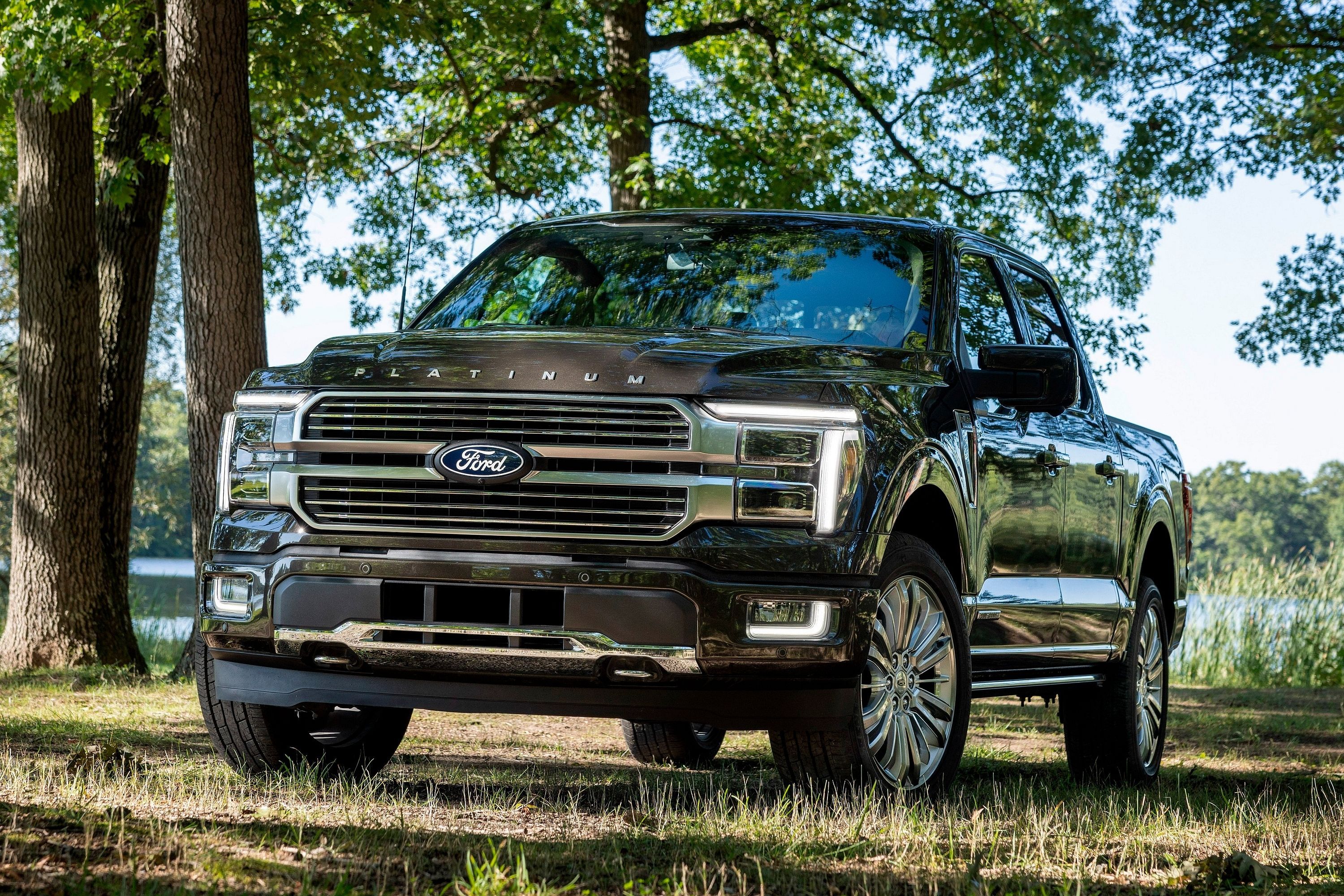
Anyone who bought a new vehicle last month would have found it difficult to get a good interest for their car loan. According to data compiled by Edmunds, the annual percentage rate (APR) on vehicles financed in March averaged 6.3 percent, compared to 5.66 percent the year prior, and 4.44 percent five years ago. Why are interest rates going up?
Partially because buyers need to borrow more in order to get the vehicle they want. As we previously reported, automakers have been increasing the prices on new vehicles in every segment, especially pickup trucks and SUVs, because of high demand. One way they're doing so is by eliminating the bare bones base models.
While prices are going up for base level trims, more standard features are included. That's because it's cheaper for automakers to throw in more standard items than to sell stripped-down variants. Salespeople simply have to inform buyers they'll be getting more car for not a whole lot more money. But still, that money has to come from somewhere. You know, like banks.
Is it still possible to find zero percent finance offers? Yes, but the data indicates these deals are becoming more difficult to come by. For example, only about 4 percent of all financed deals in March had zero percent interest rates, compared to 7.44 percent in March 2018. In March 2014 it was 7.59 percent. It sounds more and more like the days of cheap credit for car loans is coming to an end.
"Things just keep getting tougher for new-car shoppers," said Jessica Caldwell, executive director of industry analysis. "Interest rates have crept up every month so far this year, and new vehicle prices continue to hover near record highs. We're on the cusp of what could be a pretty dramatic shift in the market, simply because a big chunk of buyers are getting priced out."
What's also worrisome is that a greater number of buyers are being pushed into higher financing brackets. Edmunds' data also uncovered that 14.1 percent of car buyers from the first quarter of this year received 10 percent or higher interest rates, the highest since February 2008.
"It's pretty alarming to see that a sizable segment of new-car shoppers are financing cars at rates that we'd normally associate with used vehicle purchases," said Caldwell. There is some good news, however.
The US Federal Reserve has halted rate hikes for the time being and automakers are more likely to offer summertime sales in order to clear out inventories before the 2020 models arrive. But still, analysts predict interest rates will stay at around 6 percent unless automakers do something to counter this.
